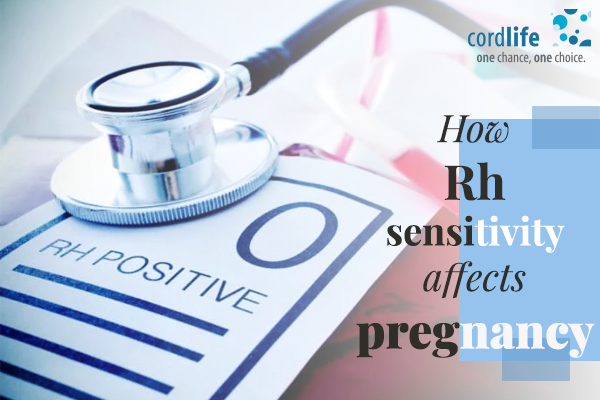Table of Contents
Whenever a woman gets pregnant the most important test, she had to go through is the Rh factor test. Rhesus (Rh) factor is a protein inherited from the parents and is found on the surface of the red blood cells. If the blood of a person contains the protein then the person is Rh positive and if the blood does not contain the protein then the person Rh negative.
The blood which is Rh negative is not any kind of illness and do not affect the health of a person. Whenever a person with Rh-negative gets blood with Rh-positive, then the immune system of the body starts to react with the Rh factor and produces antibodies to destroy the Rh-positive protein. This response of the immune system is known as Rh sensitization.
Rh sensitization mainly occurs while a woman is pregnant in a case when the mother is Rh negative and the baby that is developing having the blood of Rh positive. The blood of a pregnant woman does not usually mix during pregnancy with the baby’s blood. However, if the mother experience bleeding or abdominal trauma during pregnancy, a small amount of the baby’s blood may come into contact with the mother’s blood during delivery. If the mother is Rh negative and the baby is Rh positive, after exposure to the red blood cells of the baby, the mother’s body may produce proteins called Rh antibodies.
The antibodies released during the first pregnancy is not an issue but your next pregnancy is the major issue. These Rh antibodies can cross the placenta and damage the red blood cells of the baby if your next baby is Rh positive. This may lead to life-threatening anaemia, a condition where red blood cells are destroyed faster than they can be replaced by the baby’s body. Red blood cells are needed for the entire body to carry oxygen.
The pregnant mother may need another blood test— an antibody screen — during your first trimester, during week 28 of pregnancy, and at delivery, if you are Rh negative. Antibody screening is used for the detection of Rh-positive blood antibodies. If the mother hasn’t started producing Rh antibodies, she might probably need a blood product called Rh immune globulin injection. During the pregnancy, the immune globulin prevents your body from producing Rh antibodies.
Rh factor test is an important test done during the pregnancy. The blood sample is taken at the time of the first visit to the gynaecologist and is sent to the lab for further analysis, there the Rh factor along with some other tests are done. If the mother is Rh positive then no further action is taken. However, if the mother is Rh-positive and the baby is Rh-negative, then the mother’s body has the potential to produce antibodies that may be harmful during a subsequent pregnancy. If during pregnancy the mother has vaginal bleeding, then she must contact the health care provider immediately. During the visit, she must discuss scheduling a Rh immune globulin injection with the health care provider. During the delivery, the women must remind the health care team about your Rh status so that they must take proper care while the delivery of the baby.
